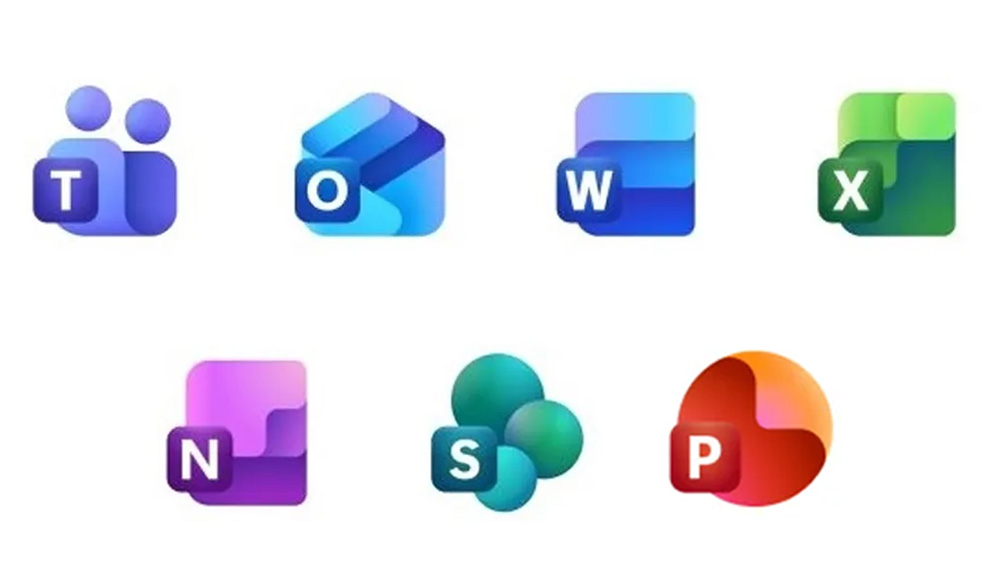Beware: Scams Targeting Apple Users Continue to Evolve

Apple products, including iPhones and computers, have long been lauded for their robust security features, making them less vulnerable to viruses and malware compared to other brands. This reputation can largely be attributed to Apple's closed ecosystem in iOS and its stringent standards for app approval. Recently, a thorough study conducted by journalist Ernestas Naprys for Cybernews corroborated this perception. In his comparative analysis of the latest Android devices and iPhones, Naprys found that Apple places an even greater emphasis on safeguarding user data, a finding highlighted in a report by TechRadar.
However, it's crucial for Apple users to understand that they are not completely immune to scams and fraudulent activities designed to exploit their trust and hard-earned money.
Stay Alert: Common Scams Targeting Apple Users
As cybercriminals become increasingly sophisticated, Apple and iPhone users must remain vigilant, particularly against prevalent social engineering scams.
E-ZPass Text Messaging Scams
One scam that has gained traction among both iPhone and Android users involves fraudsters masquerading as toll collection agencies, such as E-ZPass. Local news outlets have reported a surge in this scam's prevalence, with one publication, the Asbury Park Press, noting, It must be working, because its still happening.
This particular scam typically involves a text message that warns recipients of unpaid tolls that require immediate attention. The message may threaten severe consequences, including damage to credit scores, financial penalties, and even the suspension of vehicle registration.
If a user clicks on the link provided in the text, they could unwittingly be redirected to a malicious website that installs malware on their device. Even more alarming is the possibility of losing money if they attempt to pay these fictitious tolls.
Fortunately, this scam is easy to avoid. Users should remember that E-ZPass does not send text messages regarding outstanding balances. If you suspect an unpaid toll, it's best to log into your account directly through the official E-ZPass website specific to your state.
Apple Gift Card Scams
Another prevalent scam targets users through various means, including phone calls, emails, and social media messages. Scammers attempt to convince individuals to pay off outstanding billsranging from utility bills to federal tax debtsusing Apple gift cards. This issue has become so widespread that Apple Support has issued advisories regarding the scam.
Apple emphasizes, Apple gift cards can be used only to purchase products and services from Apple. Users should also be wary about sharing the redemption codes located on the back of these gift cards, as scammers can quickly utilize that information to drain the card's value.
Apple Cash Scams
In a similar vein, many cybercriminals are attempting to dupe users into sending money from their Apple Cash accounts. Scammers often reach out via social media, posing as friends or acquaintances, and ask for monetary transfers. Users should be especially cautious and avoid sending money through Apple Cash to anyone who solicits it online, even if they claim to be a trusted contact.
As these scams continue to proliferate, both Apple and users must stay informed and proactive in safeguarding personal information and finances. By being aware of these tactics, users can better protect themselves from becoming victims of fraud.























